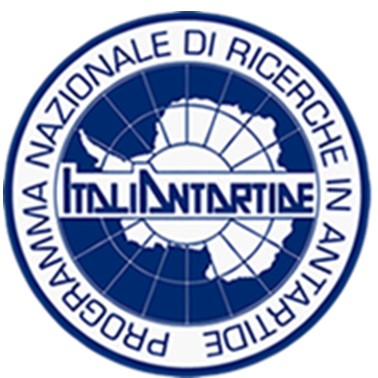PNRA 2018
Italian Ministry of Education, University and Research (MIUR)
Italian Antarctic Research Program (PNRA) Line: A1 - Mario Zucchelli Station

Transcriptomic and epigenetic tools applied to the study of the evolutionary responses of Antarctic panarthropods to global warming PNRA16_00234 - A1 (http://www.pnra.it/it)
Polar Regions are responding to climate change faster and more dramatically than any other part of our planet. According to the Scientific Committee on Antarctic Research (SCAR), Antarctica is projected to warm by 3.4 ± 1°C over the 21st century.
Antarctic terrestrial biota is highly exposed to the effects of such change because communities have a low species richness, lack many key groups and are isolated from other landmasses by insurmountable geographical barriers. Despite the relevant number of studies dedicated to assess molecular and physiological responses to cold-hardening in Antarctic invertebrates, a symmetrical effort, applied to understand their vulnerability to temperature increase has not been accomplished yet.
How Antarctic organisms will respond to climate change is the main issue of this project that is designed to achieve a significant improvement of the knowledge of the molecular mechanisms involved in the acclimatory adaptation during exposure at heat stress for a long time period of non-model panarthropods such as Antarctic Tardigrada and Collembola. In the context of this project, UNIMORE team will compare transcriptomic and epigenetic data obtained from Antarctic tardigrade species cultured at wild temperature and under heat stress condition during several generations. The direct comparison between specimens in “wild” and “stressed” conditions will be aimed at the identification of genes in charge of the responses to heat exposure.
The project is performed in an international context by skilled researchers, leaders in tardigrades and collembolans researches, and in transcriptomic, adaptive and evolutionary studies, as well as with experience in Antarctic researches and expeditions.

